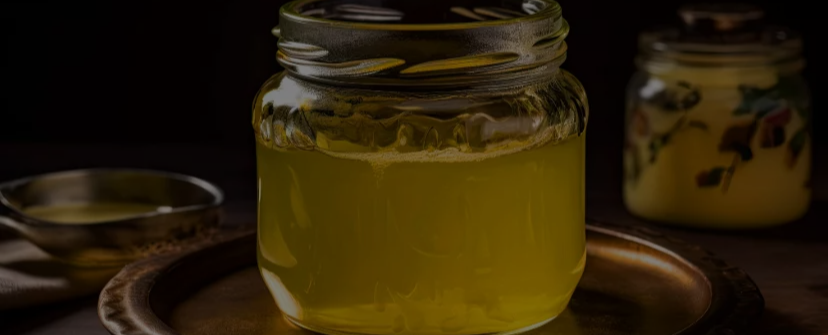
Posted on 9th June 2024
Nothing can replace the charm of a spoonful of ghee over a sizzling hot paratha and melting butter over a warm toast. We either have one or both of these spreads in our daily diet. However, sometimes we cannot help but wonder: ghee vs butter, which is superior? Since both add creamy goodness to our meals, what's the real difference between butter and ghee? Well, let's understand the nutrients of these cooking fats to find the perfect one for your dishes.
There is always a reserved spot for ghee in our kitchens, as it has been for hundreds of years. Ghee is clarified butter and is more than just cooking fat for us. It is significant in Indian cuisine as a symbol of purity and nourishment.
So, are ghee and butter the same? No, ghee starts as butter fat and goes through a process to achieve its signature characteristics. This method includes simmering the fat to separate the milk solids from it. When the water evaporates and the milk solids are drained, all that is left is the pure golden elixir, which is ghee. This method helps ghee maintain its unique properties, which we will discuss further.
Who doesn’t love a piece of melting butter? Its mild, salty, creamy flavour has often enriched our breads, sauces and condiments. Similar to ghee, butter has a rich generational significance, dating back to ancient times. Traditionally though, butter was hand-churned while today it is mostly seen commercially produced.
Butter is relatively simple to make. It is produced by churning fresh cream or whole-fat milk. This is done until the cream separates into buttermilk and butterfat. The fat is then washed and kneaded to remove any remaining buttermilk. And the butter that we know and love is ready! That said, some commercial outlets do add salt to boost the flavour of the spread.